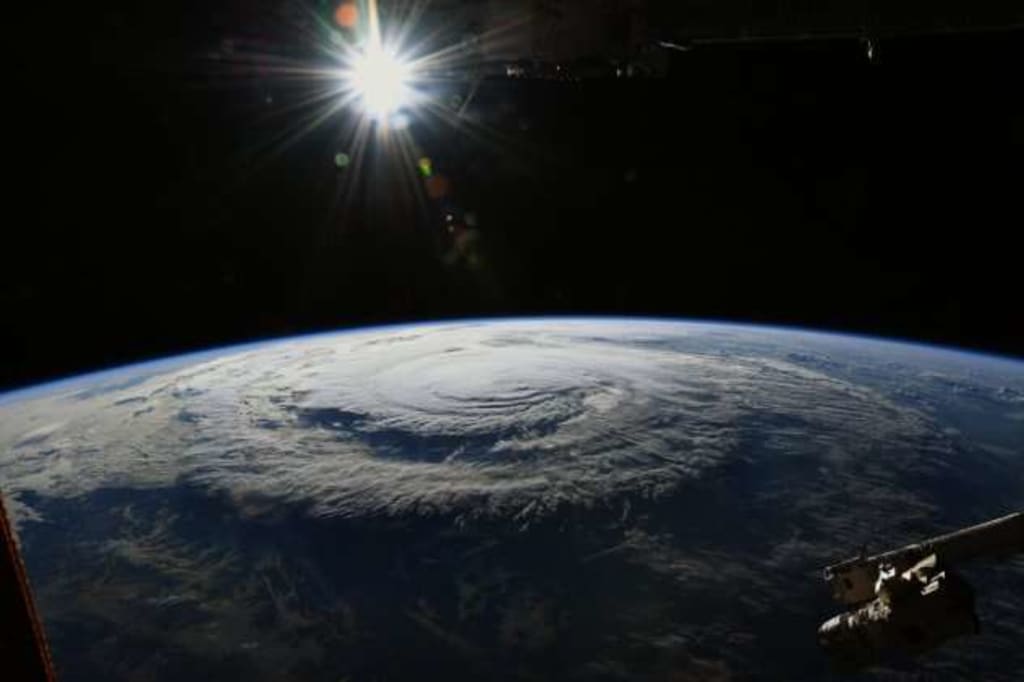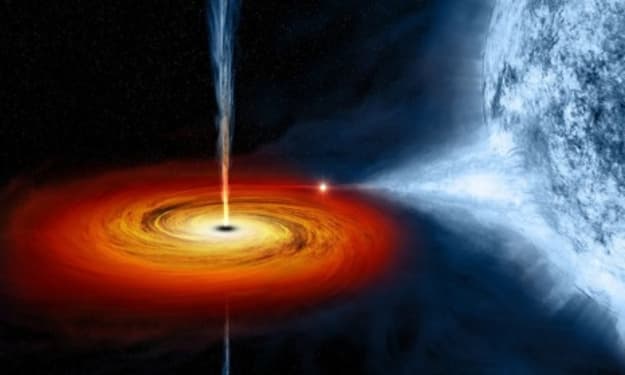IS SPACE OCCUPIED
Understanding the Occupancy of Space

Space, in the context of outer space or the universe, is not occupied in the way we typically think of occupied spaces on Earth. When we refer to space in this sense, we're talking about the vast, seemingly infinite expanse that exists beyond our planet.
Outer space is, for the most part, a vacuum, meaning it has extremely low pressure and density. It's not filled with air, water, or other substances we encounter on Earth. Instead, it contains various celestial objects such as stars, planets, asteroids, comets, and interstellar dust.
While space is not "empty" in the sense that it contains these celestial bodies, it is incredibly sparse. The distances between objects are immense, and the vast majority of space is, in fact, empty space.
However, recent advancements in astrophysics have also revealed the existence of dark matter and dark energy, which are mysterious substances that make up a significant portion of the total mass-energy content of the universe. These substances don't interact with light and other forms of electromagnetic radiation, making them challenging to detect directly. Despite this, they contribute to the overall mass-energy density of the universe, even in the seemingly empty spaces between galaxies.
Vacuum of Space
The vacuum of space refers to the near absence of matter. In the vast majority of interstellar space, there are very few particles such as atoms or molecules. This low density means that there is little matter to occupy the immense volumes between celestial objects.
Cosmic Microwave Background (CMB)
The Cosmic Microwave Background is a faint glow of radiation that fills the universe. It is the residual heat left over from the Big Bang and provides a sort of "background radiation" throughout space. While it's incredibly cold (just a few degrees above absolute zero), it is a form of energy that occupies space.
Dark Matter
Dark matter is a mysterious form of matter that doesn't interact with light or other forms of electromagnetic radiation. It doesn't emit, absorb, or reflect light, making it invisible and challenging to detect. Despite its elusive nature, dark matter is believed to account for a significant portion of the total mass in the universe, influencing the distribution of galaxies and galaxy clusters.
Dark Energy
Dark energy is another enigmatic component of the universe. Unlike dark matter, dark energy is thought to be a force that drives the accelerated expansion of the universe. It makes up about 70% of the total energy content of the universe. Dark energy doesn't occupy space in a traditional sense but influences the dynamics of the cosmos on a large scale.
Interstellar Medium
While the vast regions of space may seem empty, there is an interstellar medium (ISM) that consists of gas, dust, and cosmic rays. This material is not uniformly distributed and varies in density. In regions where it is denser, it can give rise to the formation of new stars and planetary systems.
Celestial Objects
Space is home to various celestial objects, including stars, planets, moons, asteroids, comets, and more. These objects, along with their gravitational fields, define the structure of the universe.
In conclusion, space is a vast and dynamic expanse, characterized by its seemingly empty and low-density regions. While the interstellar vacuum predominates, space is not devoid of matter. The cosmic microwave background provides a faint but pervasive radiation, and the enigmatic dark matter and dark energy, though elusive, significantly contribute to the overall structure and evolution of the universe. Celestial objects, from stars to planets, asteroids, and galaxies, punctuate the cosmic landscape, creating a complex tapestry of matter and energy. Our understanding of space continues to evolve, with ongoing exploration and scientific endeavors revealing the intricacies of this vast and awe-inspiring cosmic frontier.
About the Creator
Enjoyed the story? Support the Creator.
Subscribe for free to receive all their stories in your feed. You could also pledge your support or give them a one-off tip, letting them know you appreciate their work.






Comments (4)
I HAVE KNOWLEDGE IN ASTRO SCIENCE. I LIKE PLANETS ALSO.
KEEP IT UP
VERY INTERESTING
VERY GOOD BROTHER